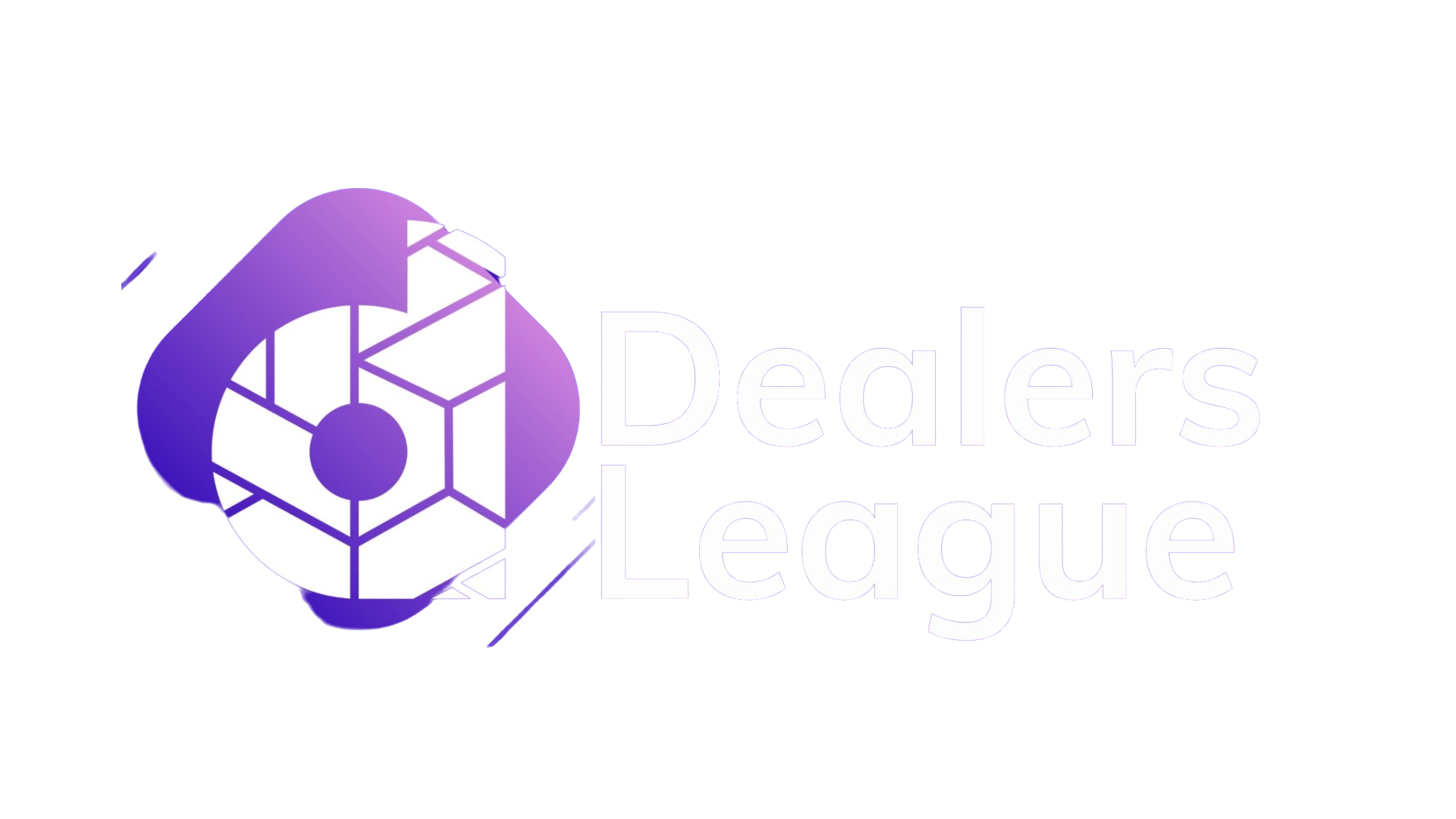In our previous post, we covered the essential elements of On-Page SEO. Now, it’s time to shift focus to Off-Page SEO, an equally important factor in boosting your website’s rankings. While On-Page SEO optimises the content and structure of your website, Off-Page SEO works externally to build credibility, authority, and trust. One of the most powerful ways to achieve this is through backlinking.
What is Off-Page SEO?
Off-Page SEO refers to the actions taken outside of your website that impact your rankings on search engine results pages (SERPs). The most well-known and significant aspect of Off-Page SEO is backlinking, which is the process of getting other websites to link back to yours. These backlinks serve as “votes of confidence,” signaling to search engines that your content is trustworthy and valuable.
The Importance of Backlinking
Backlinks are like endorsements. When credible websites link to your content, it tells search engines that your site is a reliable source of information. The more high-quality backlinks you have, the more likely it is that your website will rank higher in search results.
But it’s not just about quantity; quality matters. Links from authoritative and relevant websites carry much more weight than links from low-quality sites. Google’s algorithm, in particular, places a lot of emphasis on the trustworthiness and authority of the linking sites.
Types of Backlinks
1. Natural Backlinks: These are the best types of backlinks, earned organically when people link to your site because they find your content valuable and relevant.
2. Manual Backlinks: These are acquired through outreach strategies, like guest blogging, influencer collaborations, or submitting your content to relevant directories.
3. Self-Created Backlinks: Links that you manually create by placing them in forums, blog comments, or online directories. However, these are considered the least valuable and can even harm your SEO if overused.
How to Build Backlinks
Building backlinks takes time, strategy, and effort. Here are some effective strategies:
• Guest Blogging: Write high-quality articles for other reputable websites in your industry and include links back to your website. Not only do you gain backlinks, but you also increase your visibility to a new audience.
• Content Outreach: Create valuable, shareable content that others in your industry will want to link to. This could be infographics, data-driven reports, or comprehensive guides.
• Broken Link Building: Reach out to websites with broken links and suggest they replace them with a link to your relevant content. This provides value to them while earning you a backlink.
• Collaborating with Influencers: Building relationships with influencers in your industry can lead to backlinks and increased exposure through social media and blog mentions.
Monitoring Your Backlink Profile
Not all backlinks are created equal, and some low-quality links can actually harm your SEO. Use tools like Ahrefs, Moz, or SEMrush to monitor your backlinks and ensure you’re building a high-quality link profile.
These tools can help you:
• Track where your backlinks are coming from.
• Identify any spammy or harmful links.
• Analyse which strategies are driving the most valuable backlinks.
Conclusion
Off-Page SEO, especially through effective backlinking, is very important for improving your website’s authority and rankings. By building high-quality, relevant backlinks, you’ll not only boost your search engine visibility but also gain credibility in your industry. Remember, the key is to focus on earning backlinks from trustworthy and authoritative sources.
In the next post, we’ll explore more advanced Off-Page SEO strategies, including social media marketing and online brand building.


1 Comment
Clipping Times
Great post—off-page SEO is often misunderstood, but you nailed it. It’s not just about backlinks; it’s about building authority and trust across the web. Strategic guest posts, digital PR, brand mentions, and social signals all contribute to a strong, lasting presence. Smart brands know it’s a long game, not a quick fix.